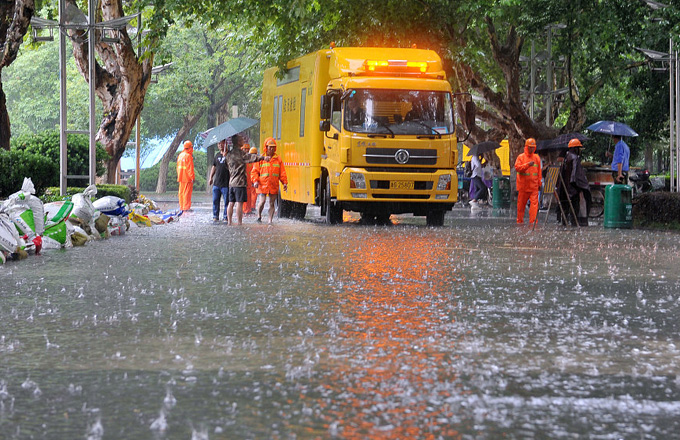Pakistani student reaps what he sows in NW China
XI'AN - Sajjad Raza busies himself harvesting wheat on a tract of land in northwest China's Shaanxi Province.
Raza, 29, is not a farmer, but a doctoral student in agriculture.
"In growing this wheat, we are trying to find out the quantitative relationship between nitrogenous fertilizer and the nitrogen concentration of the wheat produced," he says.
Raza is among 120 Pakistanis at Northwest Agriculture and Forestry University, based in Yangling, Shaanxi's agricultural demonstration zone.
Since 2013 when the Belt and Road Initiative first saw light of day, more and more students like Raza have come to study in China.
"China has become a major destination for Pakistani students," Raza says in fluent Chinese.
Raza came to Shaanxi in 2014 after turning down an offer from a Beijing agricultural university. He studied Chinese for eight months before starting his courses.
"Since I majored in the subject, I decided to head to the vast agricultural area in western China," he recalls.
His cohort began growing wheat and corn in 2015, toiling in the fields like any other farmers, while collecting samples and performing analyses like any other scientists. They are now well accustomed to the swarms of biting insects and merciless June sun.
"The temperature will be around 50 degrees Celsius in my hometown, so I am used to this kind of heat," he says, while rejecting the cherries offered by his Chinese classmates. During the holy fasting month, he won't eat until sunset.
"Farming is not easy work, and I'll be delighted if I can make even a small contribution to agriculture in China through my work," he says.
It is the winters that Raza finds hardest. "I had to buy so many new clothes on arrival here, and stayed in the dorm all day long," he recalls with something of a smile.
Raza freely admits farmers use too much fertilizer, in both China and Pakistan.
"A hectare of corn makes 10,000 yuan (about 1,500 U.S. dollars), with the addition of fertilizer which costs only 2,000 yuan," he says, "but over-fertilizing hardens the soil and pollutes the environment."
A major objective of Raza's research is to reduce the amount of fertilizer used by farmers in both countries.
Chinese authorities have said that the Belt and Road is not a solo performance by China, but a chorus for all.
"I hope I can join the chorus, too," Raza says. "By maximizing the effect of fertilizers, we can reduce their use. I hope I can help the farmers of China and Pakistan live better lives."

























